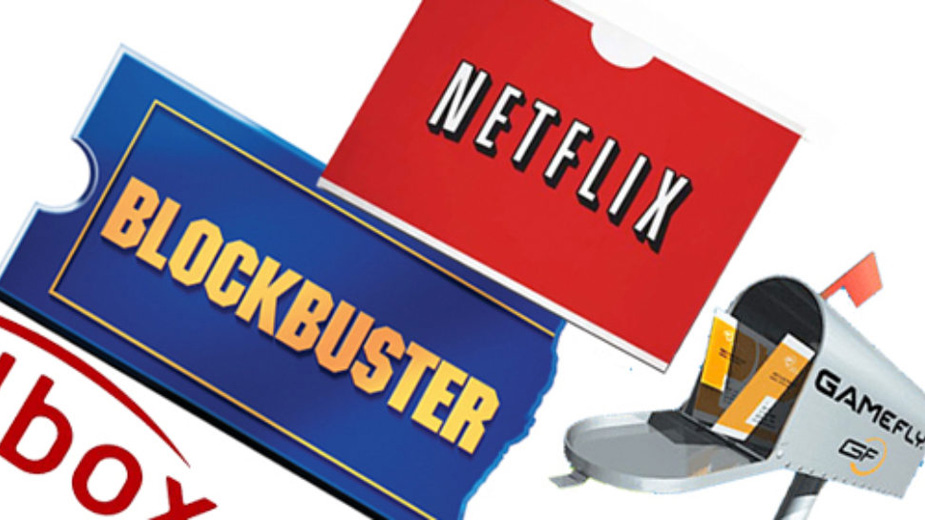Industry Disruption Is a Matter of Convenience
Most of you may remember this famous admonition of Blockbuster to its customers, politely asking them to rewind their movie tapes before returning them to the store. Tapes. Remember them?
And who doesn’t remember Blockbuster? That magical place where you could select from hundreds of first-run movie titles to take away and watch in the comfort of your home. Why travel to the theater when the theater can travel to you?
This disruption of the movie industry, changing how and where video content could be consumed, was heartily endorsed by content customers. So much so that by 2004, Blockbuster was reporting 9,094 stores globally, employing 84,300 people. Yet by July 2018, the city of Bend, Ore., is the home of the only Blockbuster store remaining in the United States.
So what killed a company as mighty as Blockbuster? Another company came along and disrupted movie content consumption just like Blockbuster had done years earlier. This time it was Netflix.
This company’s idea was simple. Why drive to a Blockbuster store to rent a movie when we will mail one to your front door and even include a handy, prepaid envelope to send it back? That was the beginning of the end for Blockbuster.
The last nail in Blockbuster’s coffin came in 2007 with yet another Netflix disruption. Forget about opening the DVD envelope. Forget about mailing it back. That’s way too inconvenient for the customer. Just turn on your device, select a title and stream the movie of your choice to any room in your house.
Some might say the death of Blockbuster was caused by complacent executives, smugly satisfied by its rock-star success, who failed to see coming what is now called the Fourth Industrial Revolution. The digital revolution, powered by SMAC (social, mobile, analytics and the cloud), is killing companies who fail to understand and embrace it. Indeed, new digital business models are the principal reason why half of the companies on the Fortune 500 list in 2000 had disappeared from that list in 2018.
But it’s not digital technology alone that is killing huge brands like Blockbuster. What it really is about, and this is critically important for all business owners to understand, is using technology to, among other things, capitalize on the consumer’s relentless demand for convenience.
Ultimately, disruption means looking at an industry’s legacy business rules. If those rules can be rewritten to the advantage of the customer, rewrite them.
Here’s another example: The Dollar Shave Club pioneered a convenience to consumers through home delivery of shaving products. Launched in 2012, it was acquired by Unilever in 2016 for $1 billion.
Amazon Go is my favorite in rewriting business rules for customer convenience. There is nothing grocery customers hate more than lengthy waits to check out. With Amazon Go, you load all grocery items into your cart and just walk out the door, automatically “checked out” with Amazon’s cutting-edge technology.
The second major trend driving business disruption, beyond customer convenience, is that consumers are now beginning to favor access over ownership. In other words, do we really need to “own” something as long as we have unfettered, immediate, cost effective access to that product?
An example is Rent the Runway, conceived by two classmates at the Harvard School of Business, which gives women affordable access to high-end fashion designs that are, almost always, too costly to own.
Turo.com gives you nearly the same on-demand access to personalized transportation that automobile ownership does, but without the high overhead costs.
And Spotify allows you access to music of your choice, without having to own the album.
Businesses that remain complacent to the new technologies and market shifts whirling around them are dooming their companies to failure.
Companies need to fully understand that the Fourth Industrial Revolution is upon them. That it is being driven by social, mobile, analytics and the cloud. That it is governed by new consumer rules. And that there is no turning it back.
Copyright 2024 The Business Journal, Youngstown, Ohio.



